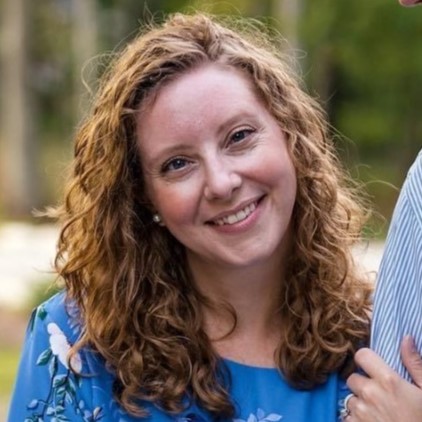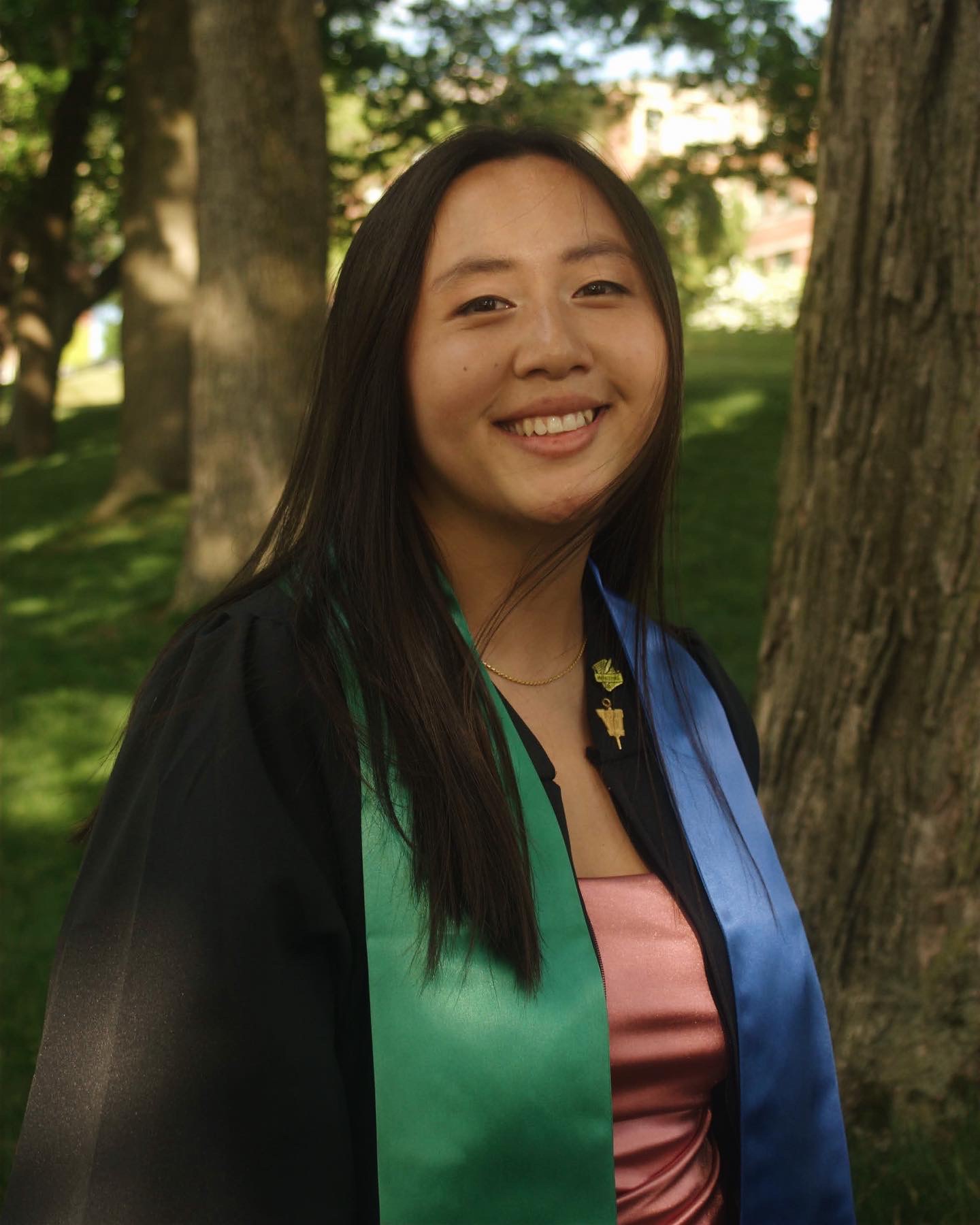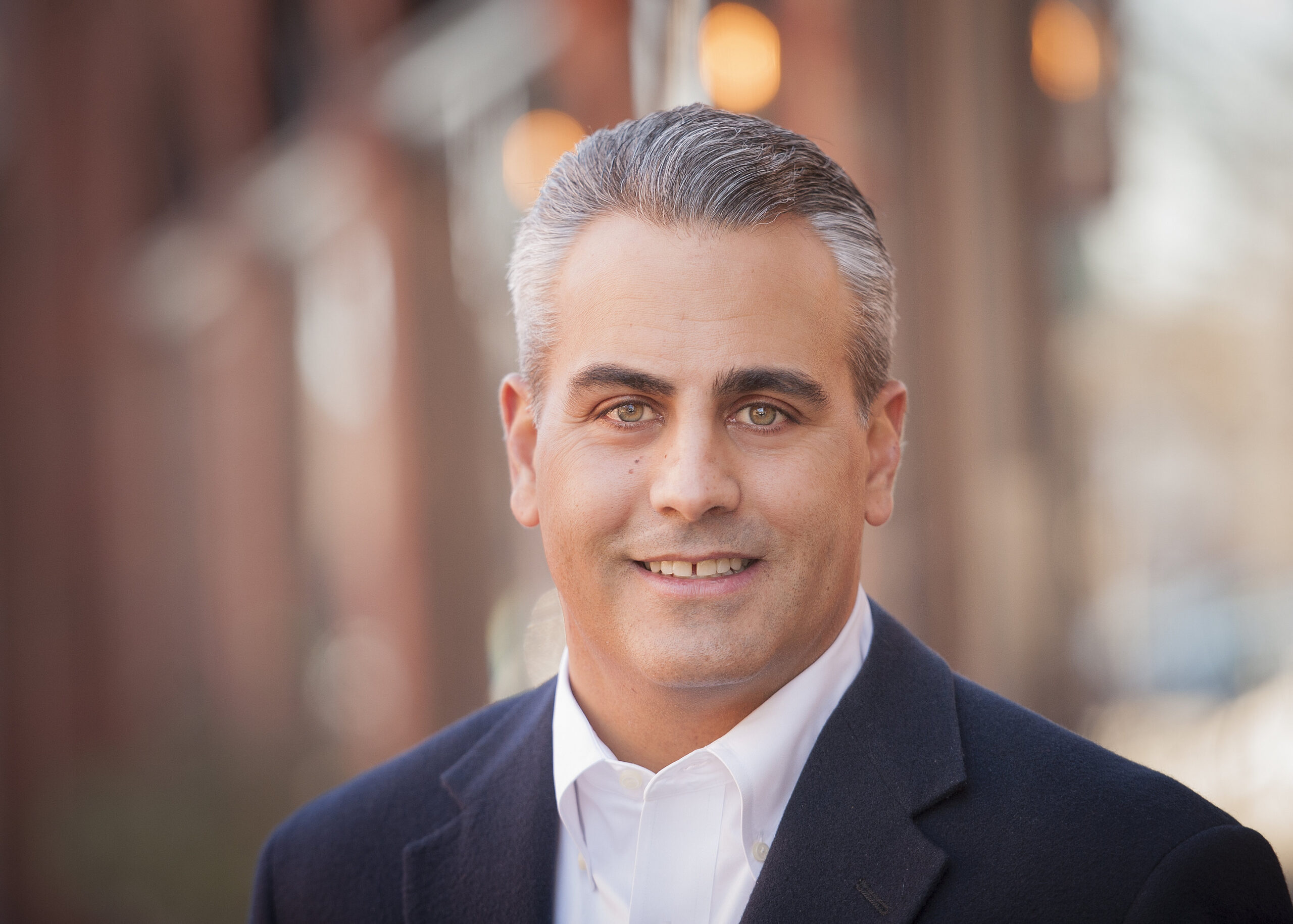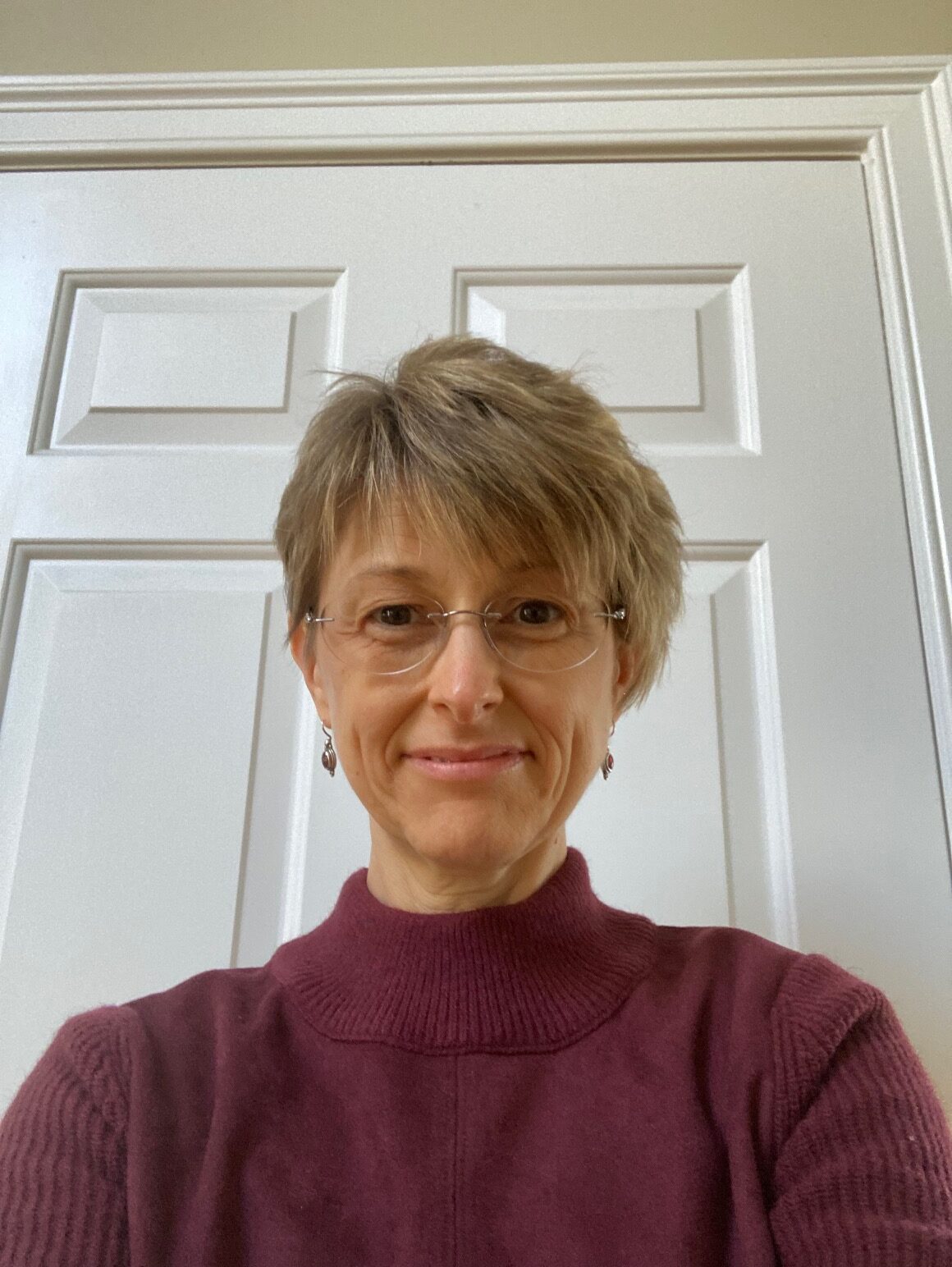by: Pamela Ahearn, Manager Employer Partnerships, Center for Career Development
Last year the Center for Career Development (CCD) surveyed Holy Cross about their own career development journey and engagement with the office. In response to the question, “What causes you the most anxiety when you think about making a decision about your future career?,” the resounding response from students across all class years was “I am not sure where to start.” The second most common response was, “I am afraid I will make the wrong decision.”
How about starting by creating or updating your resume? *It’s easy and the CCD staff enjoys helping students craft their resume. Just stop by Hogan 203 for Drop-in hours M-F from 1-4 p.m. One of our Peer Career Assistants or a professional staff member will help you get started or tailor your existing resume to a specific job or internship you are pursuing.
Want to know more about possible career options after Holy Cross? Spend some time reviewing our online resources like the CCD on Demand video series “Industry Insights.” In these short videos, Holy Cross alumni share their experience and expertise in a particular field. Don’t see the industry you are interested in exploring? Let us know what industry you would like to learn more about by completing this Google Form. We will do our best to identify alumni in that industry, conduct an interview and upload a video.
Join a Career Community! The Center for Career Development has created Career Communities so you may explore and engage with careers that align with your interests, strengths, values and goals. Joining a Career Community will connect you with your peers, alumni, employers, and faculty who will support your pursuit of success and help you connect your Holy Cross experience and your liberal arts education to your professional pursuits after you graduate.
Additionally, you can explore the HC Network where you can connect with thousands of Holy Cross alumni who have volunteered to answer questions about their industry, their career progression, as well as how they have articulated their liberal arts education to prospective employers. You’ve heard the term networking but what does that really mean? Networking is the process of building and maintaining relationships with people in a job, organization or career field that interests you. Through conversations with networking contacts you can learn about their day-to-day responsibilities, the skills and knowledge required to succeed in the role and current trends in the industry. Networking conversations with alumni can help you gain clarity as well as build your professional network.
Does networking scare you? Do you feel uncomfortable contacting someone you don’t know to ask them questions about their career? You are not alone. Many students are paralyzed by the thought of reaching out to a stranger and asking for help. This is completely normal. Just remember, Holy Cross alumni are known for their desire to help Holy Cross students. Chances are, they received help from alumni back when they were in your shoes.
In terms of making the wrong decision, here’s the thing, your first job will likely not be your “forever job.” Your first job will allow you to gain experience & skills and better understand the world of work. To help make an informed decision about what you might want to do after graduation, 1) join a Career Community, 2) research industries, 3) consider an academic internship or a summer internship to explore a specific career path, 4) network with alumni (and others), and 5) attend CCD events to learn more about careers.
The Center for Career Development staff are prepared to answer your questions, help you make a plan, direct you to additional resources, and allay your fears. The sooner you start acting on your career pursuits and interests, the sooner you will develop an action plan. Remember, your career journey is unique to you and is not typically a linear path, but rather a winding road of possibilities and adventures.






